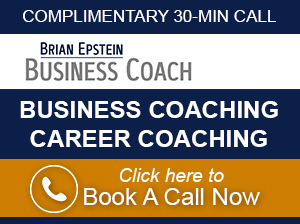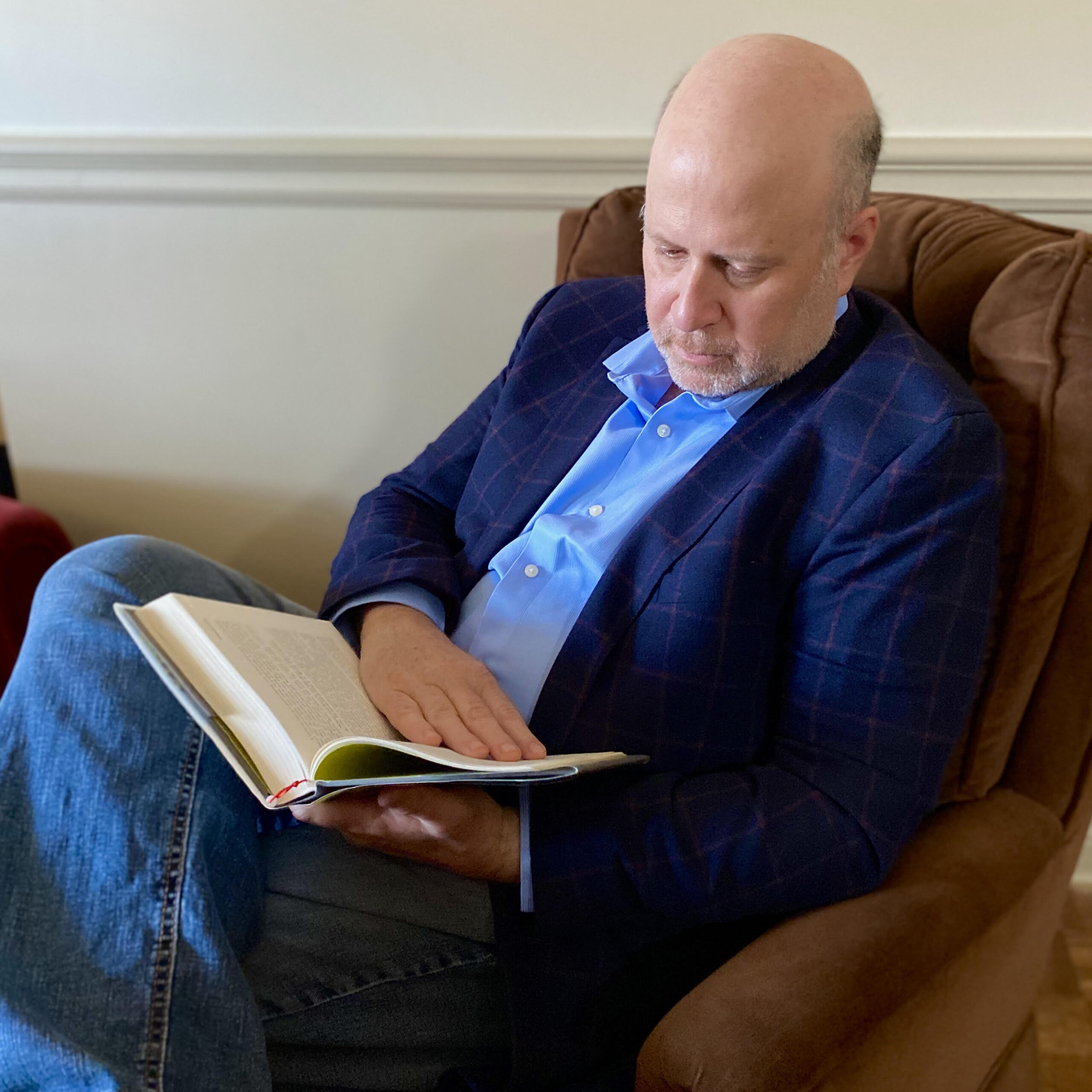An earlier version of this article about the CEO Whisperer appeared in the Financial Post on August 30, 2017
Canada’s job market is booming and unemployment is at its lowest point in more than two years. So why are so many people, particularly senior executives, so nervous about the economy. Where is the anxiety from?
The anxiety is real, palpable and growing. A recent poll says that nearly half of all Canadians are more concerned about the economy than any other issue — 10 per cent more than at the end of last year.
Why so much anxiety? It’s true that global politics do not appear to be particularly stable right now, and there are always ups and downs in the markets, but most analysts say that overall, the Canadian and much of the world economy is pretty strong. As someone who works closely with CEOs and high-performing professionals, I think I might have an answer to what’s on peoples’ minds.
I think a lot of the anxiety is because people now have wider access to information, but it’s harder and harder to process what they hear without objective, outside help. At one time, people judged their economic security by what was happening in their community. Things may have seemed fine on the surface, but if the local firm laid off one of their neighbours, they got anxious. That was their network. Now, it’s a much wider network, including our social network. If one of our Facebook friends is laid off — even someone we barely know — we feel like it’s happening at home.
Blue-collar worker are now, sadly, used to the ebbs and flows of good and bad times. For CEOs and other high-performing professionals whose job is to assess risk, these new networks, arguably, make matters worse.
Professionals usually live with the possibility that they could be reorganized or downsized at a whim. But that anxiety is amplified right now, thanks to political uncertainty in the United States, fluctuating commodity prices, climate change and lots of other factors outside most peoples’ control. Often, what modern business leaders really need is an outside perspective — a “CEO whisperer” if you will. An experienced, professional version of someone who does not have a direct stake in every situation but can listen and give good advice.
A growing number of professional CEO whisperers provide this kind of advice. In some cases, they are former business or political leaders who have stepped off the corporate ladder. Others are employment counsellors. When they do their jobs well, they provide objective opinions that can help people make better decisions when they’re worried about their jobs or what comes next.
The best professional advisors all share similar characteristics:
- They use data — Good information is the best remedy for anxiety based on feelings or hunches. Look for an adviser who can analyze real risks and opportunities using data, not speculation based on rumours or vague impressions.
- They can say no — Business leaders often find it hard to let go of the pet project that simply isn’t working, or to tell an underperforming unit that it’s time to pack it in. On the other side, it’s hard for employees, friends or colleagues to give their best advice to the CEO when their livelihood or relationship depends on the boss’ favour. Find someone on the outside who can look in, tell you when you’re wrong and has nothing to lose by doing so.
- They can say yes — Good ideas aren’t set in stone. Leaders sometimes need to test and validate their ideas in a safe place. They can benefit from talking to someone who doesn’t have a stake in a new idea, yet can listen and encourage. The best professional advisers act as a sounding board letting leaders bounce ideas around and raise concepts that may come out of left field, yet might work.
- They identify strengths — Often, business leaders under pressure fixate on their weaknesses, while their strengths are hiding in plain sight. A good adviser can help leaders identify the best parts of their leadership style — what gets people to listen — and encourage them to develop these.
- They give perspective — I often remind my own clients to stay grounded. I remind them that, in the end, what brings us security is not the precarious world of work, but our families, friends and community. What gives us strength are the people we love.
Perhaps it sounds trite or ironic, but sometimes the best person to help a CEO make better decisions in anxious times is someone who can objectively and dispassionately listen and be a CEO whisperer.
If you are looking for a CEO Whisperer, contact me to find out how I can be that person.










